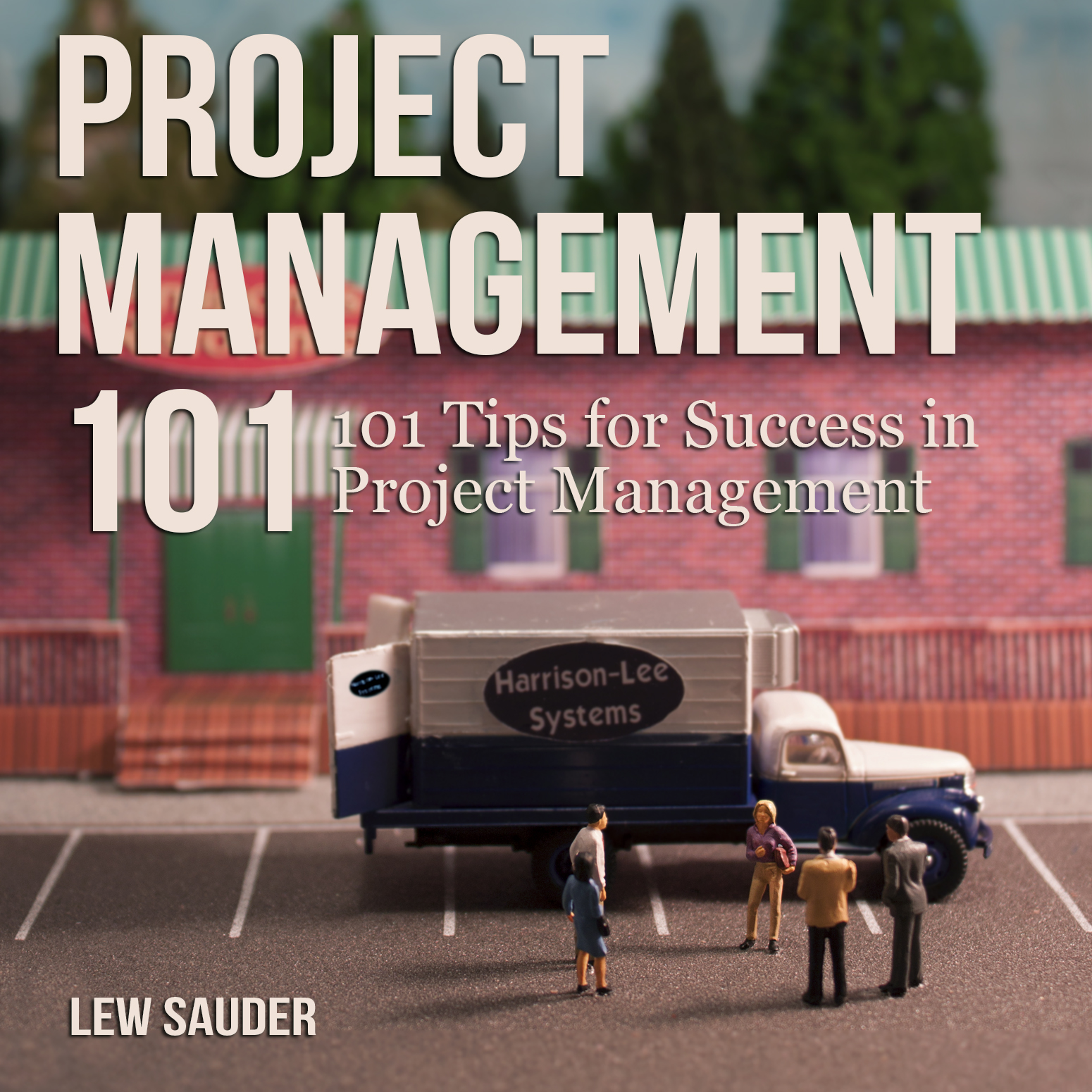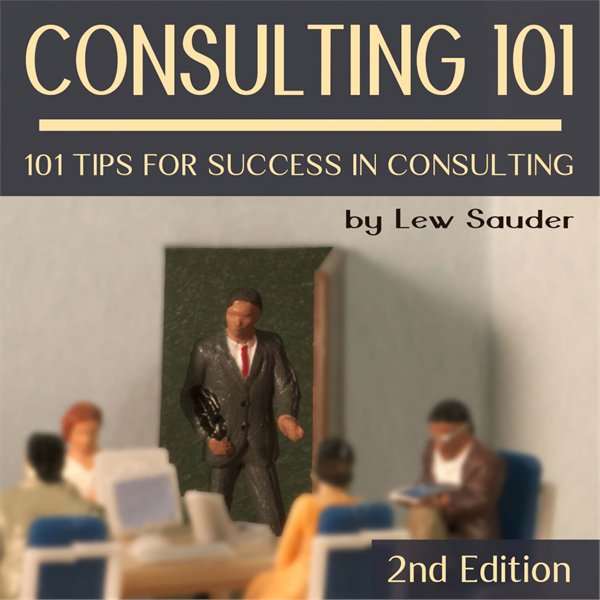I learned how to play chess at an early age. My brother, eight years older than me, was on the chess team in high school and taught me the rules. When I got to middle school, I joined the chess club. I hung out with my friends more than I played chess, but we snuck in a few games.
I’ve probably played three or four games since high school. But I’ve always contended that I know how to play. I know where each of the pieces go and how they move. I could sit down at a chess board today and play a game.
I recently watched the Netflix miniseries “The Queen’s Gambit.” Based on the book of the same name, it is a story of a young orphan girl who learns how to play chess at the age of nine and becomes a world-renowned player by the age of eighteen.
Although I probably already knew this, the realization really hit me that there is more to playing chess than knowing the rules. There are terms for opening strategies (i.e. Ruy Lopez and The Italian Game). There are strategies of defense, such as The Queen’s Gambit. There is a myriad of terms that avid chess players use to describe their strategies and approach. It makes my knowledge of knowing the pieces and moves appear incredibly shallow.
The Rules of Project Management
It highlighted for me the fact that this applies to many other things in life. If you read a book on how to swim, you will learn about how to breathe while in the water. You will learn some basic strokes. You might even learn a few things about buoyancy. But if you have never swum before, you will very likely not be able to jump in the deep end of a pool and start swimming. (Note: I did not have a lawyer review this, but just to be safe, DO NOT TRY THIS.)
The same applies for project management. There are thousands of books available. They are very helpful for learning the rules of project management. I wrote one myself.
In chess, you can learn all the strategies for openings, closing and everything in-between. You cannot do that without a firm understanding of the pieces and their legal moves.
A novice project manager needs to know the “rules” of project management. Understanding what a project plan and a RACI chart might be important in a waterfall approach. Knowing a backlog and sprint planning are important in an agile environment. It might even be nice to know the difference between waterfall and agile.
Like swimming, it is not advisable to jump in the deep end and manage a large complex project. The project management equivalent of the shallow end is managing a very small project. If possible, having a mentor available makes the shallow end even safer.
The Arguments For and Against Certifications
Like most industry practices, there are a number of certifications a project manager can earn. I’ve heard many arguments for and against certifications. Most of the arguments on each side have validity.
Those who argue for certifications generally reason that it enhances one’s resume. At the bare minimum, it is a keyword that a potential employer’s applicant tracking system may pick up if they are looking for it.
Attaining a certification also shows that you have studied the topic enough to pass the certification.
On the negative side, folks argue that certifications prove little more than that you can pass a test. You have memorized the bare minimum of facts. You know how the pieces move, but probably do not have an in-depth knowledge of the strategies to succeed.
The Certified Project Manager
In project management, the most commonly required certification is the Project Management Professional (PMP) certification. This certification goes at the top of the LinkedIn profile and resume as soon as a project manager achieves it. It is a major “resume booster.” Some have compared it to an accountant getting a CPA or passing the bar exam for our industry.
I see a major distinction. The CPA and bar exam are taken at the beginning of one’s career, usually right out of school.
These certifications are strictly about knowing the rules. You need to know the rules as a basis to become a good accountant or lawyer. It’s assumed that you have the certification to get the entry-level position.
The PMP certification requires a minimum number of hours of project experience. People use it on their resume to indicate their mastery of the subject.
Please do not misinterpret my meaning here. I’m not against certifications (I have four myself). I’m against using them to indicate that you have mastered a topic.
Certifications indicate that you know the pieces, how they move, and have an understanding of some of the strategies. That is an important and sometimes critical start to mastering a topic. The experience on the rest of your LinkedIn profile should indicate the mastery.
The CPA and the bar exam do not indicate that an accountant or lawyer are good at what they do. They indicate that they know the rules necessary to embark on a hopefully successful career.
Like any professional, a project manager needs to know the basics. The rules and terminology of your craft are the foundation for success. Experience allows a project manager to take that basic knowledge and build upon it. Experience teaches how to identify risks. Experience teaches how to make decisions when complex issues arise.
Learning the rules of whatever game you play are critical. But they don’t indicate ability to play the game.
If you would like to learn more about a career in Project Management, get Lew’s book Project Management 101: 101 Tips for Success in Project Management on Amazon.
Please feel free to provide feedback in the comments section below.
Image courtesy of JanPietruszka at FreeDigitalPhotos.net






0 Comments